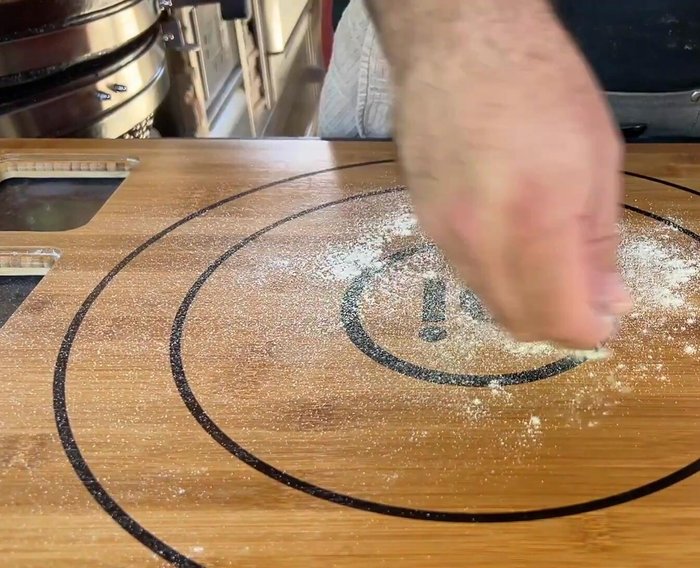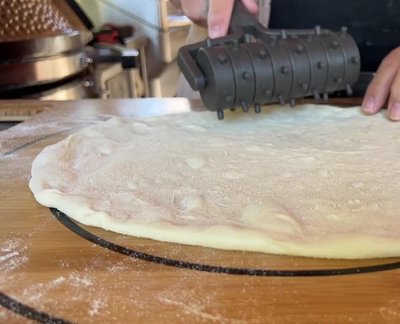The quest for the perfect pizza often leads to heated debates – and sometimes heated ovens! Whether you're a seasoned pizzaiolo or a weekend warrior, achieving that signature crispy crust and perfectly melted cheese is a goal worth striving for. But the path to pizza perfection can start with a crucial decision: gas grill or pizza oven? Both offer unique advantages, from the convenience of readily available gas to the intense heat and authentic flavor profile of a dedicated pizza oven. The seemingly simple question of which appliance to use opens up a world of possibilities and considerations regarding temperature control, cooking time, and overall ease of use.
This article dives deep into the specifics of each method, comparing and contrasting gas grills and pizza ovens to help you determine which best suits your needs and culinary aspirations. We'll guide you through a step-by-step process for making delicious pizza on both, allowing you to discover the ideal approach to achieving that coveted pizza perfection. Let’s explore the fiery world of pizza-making and find your perfect match!
Safety Guidelines
- Always preheat your cooking appliance thoroughly before placing pizza on the cooking surface. This ensures even cooking and prevents sticking.
- Use caution when handling hot surfaces and cooking equipment. Wear oven mitts or heat-resistant gloves, and keep children and pets away from the cooking area.
- Never leave a gas grill or pizza oven unattended while in use. Always monitor the cooking process and turn off the appliance when finished.
Methods: Gas Grill Pizza
Tools Needed
- American Renaissance gas grill
- pizza peel
- semolina flour
- dough docker
- grill grate
Step-by-Step Instructions
Prepare the Dough
- Prepare the pizza dough (recipe provided in video description).

Prepare the Dough Preheat the Grill
- Preheat the gas grill to 500 degrees Fahrenheit. Turn all burners to high for preheating.

Preheat the Grill Prepare the Pizza
- Dust the pizza peel with semolina flour and shape the dough to a 12-14 inch circle.
- Dock the dough using a dough docker.
- Add your toppings.


Prepare the Pizza Grill the Pizza
- Transfer the pizza to the preheated grill grates.
- Cook for 90 seconds on high, then reduce burners directly under the pizza to medium to prevent burning.


Grill the Pizza
Tips
- Use bread flour for a lower-heat environment like a grill.
- The factory grates may cause some dough sag; the 500-degree range is ideal.
- Gas grills heat from underneath, so manage the heat carefully to avoid burning the bottom.
Methods: Pizza Oven Pizza
Tools Needed
- Solar Stove Pie Prime gas oven
- pizza peel
- semolina flour
Step-by-Step Instructions
Prepare the Dough
- Prepare pizza dough (same recipe as gas grill method).

Prepare the Dough Preheat Oven
- Preheat the pizza oven to 700 degrees Fahrenheit.

Preheat Oven Prepare Pizza
- Shape the dough and add toppings.
Bake the Pizza
- Transfer the pizza to the hot pizza stone.
- Reduce oven temperature after launching the pizza to prevent burning; Rotate pizza a quarter turn three times.
- Bake for 60-90 seconds.



Bake the Pizza
Tips
- Use bread flour and reduce the oven temperature after launching to avoid burning.
- Monitor the crust at the back of the oven to gauge doneness.










